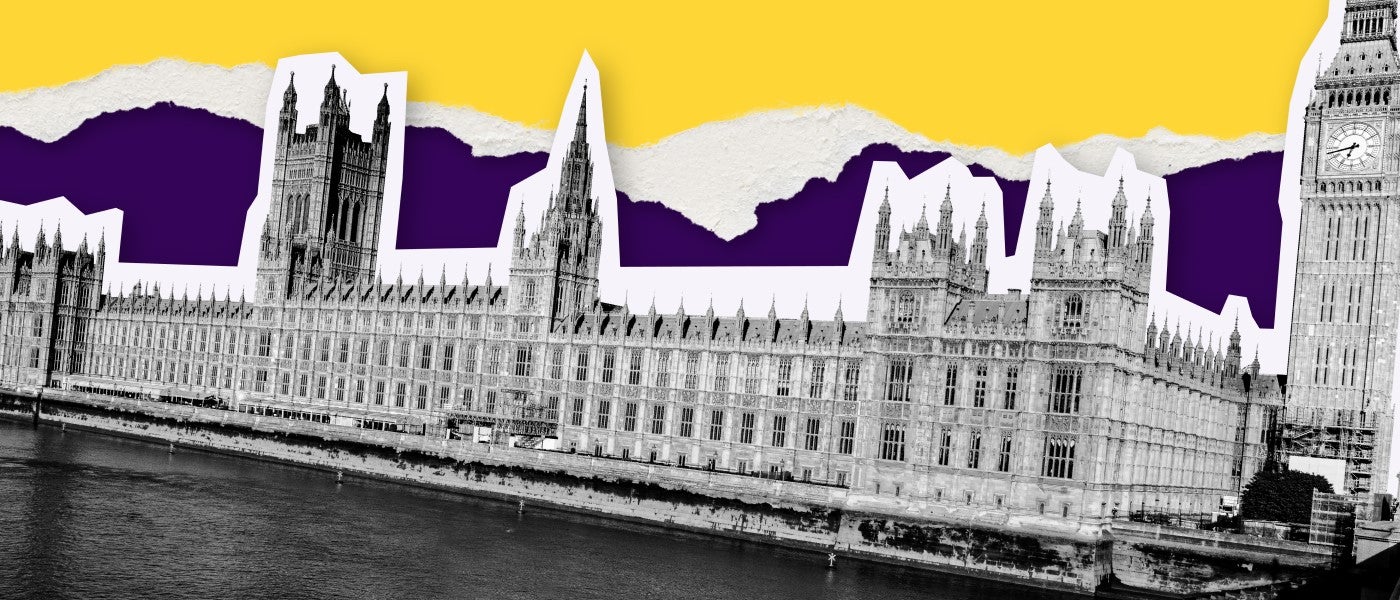- Home
- News and stories
- How the 2023 autumn statement will affect disabled people
How the 2023 autumn statement will affect disabled people
 21 November 2023
21 November 2023
There was a lot to unpick in today’s Autumn Statement. Here's everything that you need to know.
We know a lot of disabled people will be worried by some of the announcements in the autumn statement. If you are concerned about any of these issues, you can get in touch with our helpline. Our friendly advisors can provide free, independent and impartial advice and support on issues that matter to disabled people and their families.
We will continue to call on the government to provide better employment support for disabled people and a fairer benefits system. You can keep up with our campaigning, research and what we’ve done so far on our website.
Changes announced to the work capability assessment (WCA)
After lots of speculation in recent weeks, the government has confirmed some changes to the WCA.
It is important to note that these changes will not affect existing claims. It will apply to new claims only and won’t be implemented until 2025.
The government wants to reduce the number of people who are declared unfit for work. This means people who are too unwell to work and have no requirement to look for work to receive benefits.
The government says that it wants the benefits system to better reflect the greater flexibility now available in the world of work. But we know that the world of work hasn’t changed so dramatically that thousands of disabled people can suddenly work from home.
Under the changes, more people are expected to be declared fit for work and required to look for jobs or have their benefits cut. It will do this by changing some of the questions asked in the Work Capability Assessment.
Tougher measures for Universal Credit claimants
As part of its Back to Work Plan the government say they will invest to help tackle long-term unemployment, including supporting and incentivising unemployed Universal Credit claimants to find work.
But they are also proposing tougher measures. This looks like:
- Phase 1: Unemployed claimants get offered more regular support.
- Phase 2: If after 6 months, a claimant hasn't found a job they will be referred to the Restart programme. Restart is a 12-month intensive job search programme providing support to tackle barriers.
- Phase 3: If, after 12 months on Restart, an individual has not found work, they will have a review with their Work Coach. This is to determine what future conditions might look like. If no suitable job exists locally, a claimant will be made to take on a time-limited mandatory work placement. If they refuse to accept this placement, their claim will be stopped. This will also end their access to additional benefits such as free prescriptions and legal aid.
These changes only apply to those who receive the Universal Credit standard allowance – not to those who also receive the health element of Universal Credit.
The changes will come into effect in 2024.
People in the Limited Capability for Work (LCW) or Limited Capability for Work-Related Activity (LCWRA) groups will not be affected by the changes in the Back to Work plan, such as being required to do mandatory work placements.
People in the LCW group could still face benefit sanctions if they do not take part in certain work-related activities, such as meetings with a job coach.
However no one in the Limited Capability for Work Related Activity (LCWRA) group will face benefit sanctions and all support offered will be voluntary.
Threatening people with more sanctions will not lead to more disabled people getting into and staying in work. It will simply add to the stress and anxiety that disabled people already face.
Cost of living support
The government announced that benefits will increase by 6.7% from April 2024. But the positives of this are overshadowed by the changes announced to the WCA today.
Uprating benefits was the bare minimum the government needed to do to support people with the ongoing cost-of-living crisis.
Life costs more if you are disabled, and the government is now winding down its cost-of-living payments. Crucially, no new targeted support was announced at the autumn statement despite bills remaining historically high. And the energy price cap is predicted to increase again this winter.
Government has also broken its promise to consult on an energy social tariff, which would make bills cheaper for disabled people.
Read the full autumn statement.
 21 November 2023
21 November 2023






